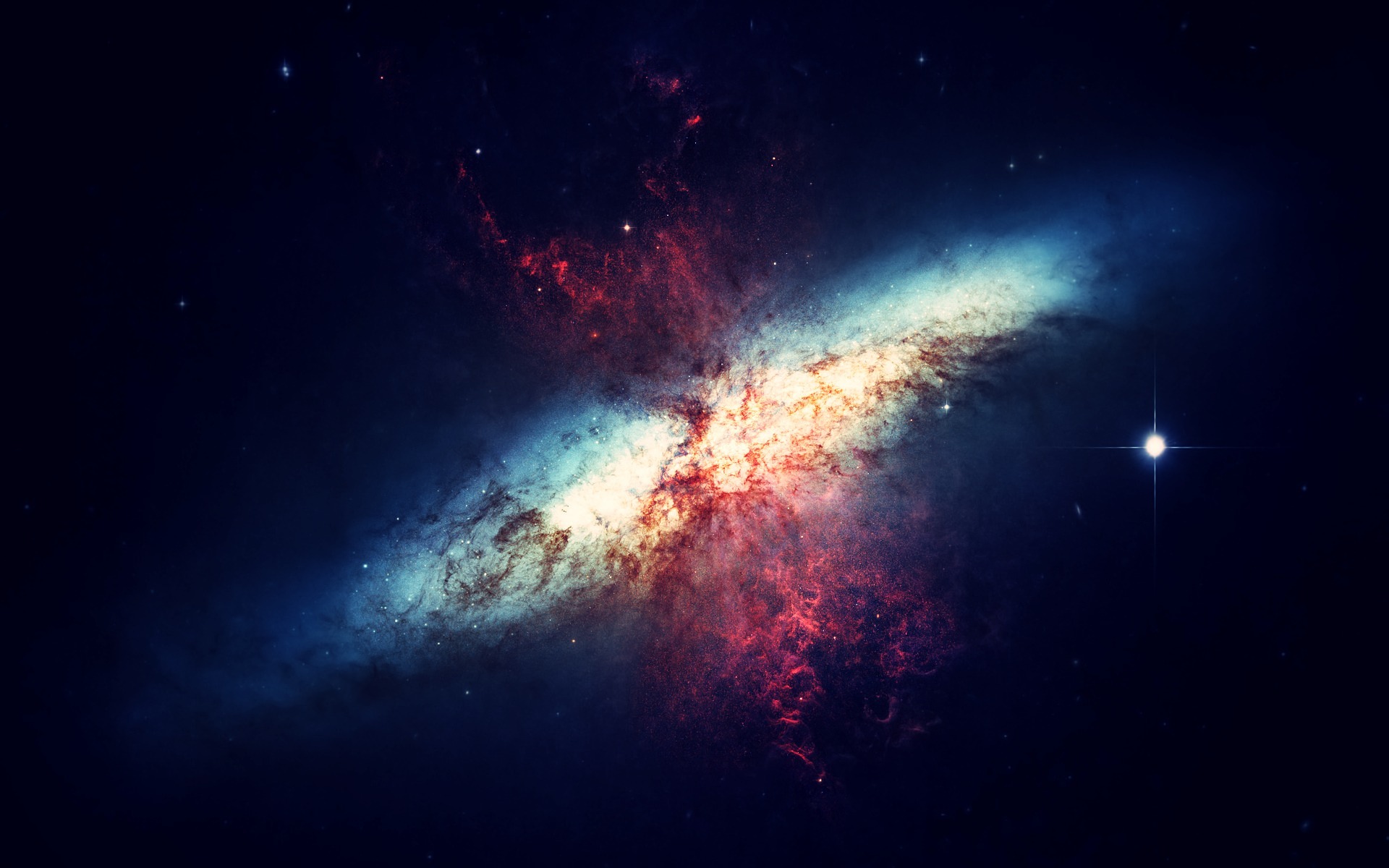Last week, Chinese rocket startup Deep Blue Aerospace pre-sold two tickets for its 2027 commercial suborbital flight on Alibaba-owned shopping platform Taobao. Three million people tuned in for the live broadcast.
Deep Blue originally priced the tickets at CNY 1.5 million ($210,700) per passenger for a 12-minute suborbital flight. However, the company sold the tickets at a discounted rate of CNY 1 million ($140,000) during the livestream.
During the journey the spacecraft will fly to an altitude of 100 kilometers but will not enter orbit.
According to reports in Chinese media, the two tickets were sold quickly as buyers paid an initial deposit of CNY 500,000 ($70,000) per ticket.
Thought space tourism is only for the elite? Huo Liang, CEO of Deep Blue Aerospace, said he wants more people to have a deeper understanding of space travel through the livestream. The idea was to “share the charm and future of space travel prospect.”
The original price of the Deep Blue Aerospace flight is less than half the cost of Virgin Galactic’s suborbital flights, priced at $450,000.
What Does The Trip Entail?
While the cost of space tourism is quite high at present, Liang said the cost of space travel in the future will decrease significantly as the company’s reusable rocket technology matures.
Deep Blue said it requires interested customers to sign contracts in-person and visit the company before making their final payment. The company did not reveal the identities of the buyers.
Equipped with six “panoramic windows,” the reusable Nebula-1 rocket will be able to accommodate up to six passengers and is designed to be used over 50 times, the company said.
The spacecraft is still under development. Should the project go to plan, Deep Blue Aerospace CEO Liang and five others will travel into space for the mission in 2027.
Reliability and Safety Concerns
As some livestream viewers humorously questioned, “(If we go), can we get back?” the skepticism also reflects broader public concerns about the safety and reliability of new space tourism ventures.
Deep Blue successfully completed an initial test of the reusable Nebula-1 in June, but a landing test on September 22 “was not completely successful,” the company announced on social media.
The company said it will conduct another launch experiment in November with plans for more testing next year and in 2026.
“The test is strictly carried out in accordance with the safety management requirements of the rocket test, and a comprehensive risk identification, control, and emergency plan is carried out,” Deep Blue added.
China’s Space Tourism
Established in 2016, Deep Blue Aerospace is based in eastern Jiangsu province. Its focus is on the research and development of reusable rockets. Between 2021 and 2022, the company completed China’s first vertical takeoff and landing flight of a kerosene-liquid oxygen rocket.
However, Deep Blue Aerospace is not alone in China in its space tourism aspirations. In May, state-backed Chinese company CAS Space announced its first crewed space tourism flight in 2028. State media reports that CAS Space tickets will cost between CNY 2 million and 3 million (around $281,000–$421,000).
Both companies are banking on reusable rocket technology, which can make frequent space missions more affordable and sustainable.
The World Economic Forum and McKinsey project the $630 billion space economy to reach $1.8 trillion by 2035. A recent Skift feature noted that with an annual growth rate of 9%, it is outpacing global GDP. And then there are the Prada space suits!
Subscribe to Skift Pro to get unlimited access to stories like these
{{monthly_count}} of {{monthly_limit}} Free Stories Read
Subscribe NowAlready a member? Sign in here
Subscribe to Skift Pro to get unlimited access to stories like these
Your story count resets on {{monthly_reset}}
Already a member? Sign in here
Subscribe to Skift Pro to get unlimited access to stories like these
Already a member? Sign in here
